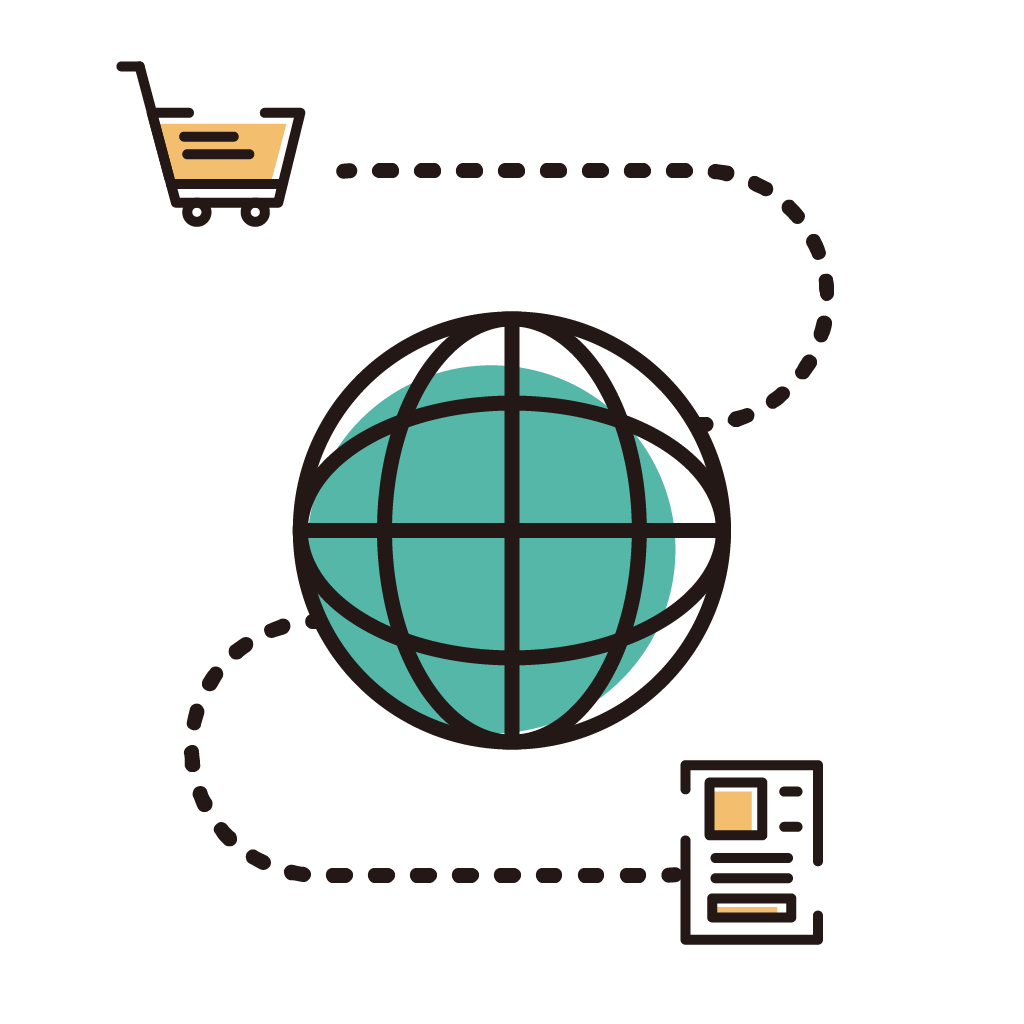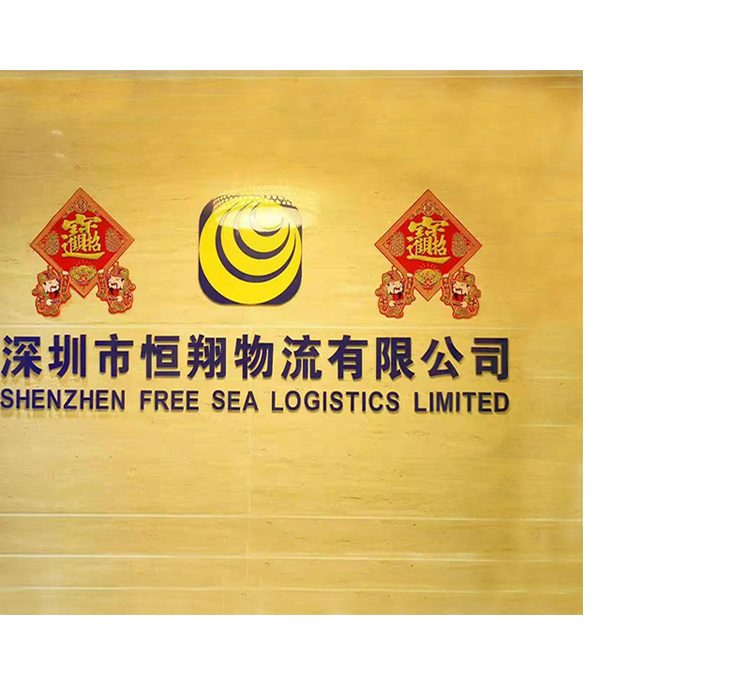The global e-commerce sector is experiencing historic growth. As consumer expectations shift toward instant gratification, delivery times have become a crucial differentiator. In response, international air cargo services have emerged as the backbone of cross-border fulfillment. These services offer unmatched speed, scalability, and reliability—making them the preferred choice for digital retailers.
Speed: The Core Advantage of Air Cargo
In today’s market, speed determines sales. Customers expect next-day or two-day delivery, even for international orders. Sea freight cannot meet this urgency. In contrast, air cargo can transport goods between continents in less than 72 hours.
Moreover, modern e-commerce platforms rely on fast delivery to reduce cart abandonment rates. By integrating international air cargo services into their logistics strategies, online sellers enhance customer satisfaction while improving retention.
Global Coverage Enables Seamless Fulfillment
Unlike traditional logistics chains, air freight supports worldwide connectivity. It enables efficient transportation to remote regions with poor road or port access. Consequently, sellers can tap into emerging markets that were previously inaccessible.
For example, a fashion retailer in Europe can now ship products to Southeast Asia in under three days using express air cargo services. This opens new revenue channels while ensuring consistent brand experience.
Integration with Fulfillment Technology
Air cargo logistics today is powered by intelligent systems. From digital airway bills to real-time GPS tracking, transparency is now standard. Most international air cargo services providers also offer API integration with e-commerce platforms, which automates label printing, customs declaration, and routing.
As a result, businesses minimize errors, optimize routes, and cut operational costs. Furthermore, proactive tracking reduces customer service queries, boosting post-sale efficiency.
Flexibility for Dynamic Inventory Models
E-commerce cycles are volatile—affected by seasonal spikes, influencer trends, or viral demand surges. Unlike ocean or rail freight, air cargo provides flexibility. Retailers can shift inventory rapidly between hubs and regions.
This agility is essential for flash sales, product launches, and holiday peaks. Using international air cargo services, sellers maintain just-in-time inventory while avoiding stockouts and overstocking.
Sustainability: Cleaner Skies with Modern Fleets
Though traditionally less eco-friendly, the air freight sector is undergoing a green transition. Many airlines are investing in fuel-efficient aircraft, carbon offset programs, and consolidated cargo networks.
Moreover, advanced packaging optimization allows more units per flight, reducing emissions per parcel. For eco-conscious e-commerce brands, this evolution in express air cargo logistics supports their sustainability goals.
Compliance and Customs Simplification
Cross-border shipping involves complex documentation. However, most international air cargo services partners offer customs clearance support. Automated HS code classification, digital pre-declaration, and duty payment systems ensure smooth border crossing.
This compliance capability reduces delays and prevents revenue losses from failed deliveries. It also allows retailers to scale globally without building in-house legal teams.
Case Example: Electronics Retailer Expansion
A mid-sized electronics e-commerce brand recently integrated air freight to serve U.S. and Middle Eastern markets. Previously reliant on sea routes, their average delivery time was 15–20 days. After switching to international air cargo services, their average delivery window dropped to 4–6 days.
Customer satisfaction scores rose by 28%, and return rates fell significantly. The company also reported 18% higher repeat purchase rates, confirming the ROI of fast delivery models.
Challenges: Cost and Capacity Volatility
Despite its advantages, air cargo comes with challenges. Rates fluctuate based on fuel prices, global events, and seasonal demand. During global crises, air capacity can become constrained, delaying shipments.
To address this, logistics partners now offer hybrid solutions—combining air with localized last-mile delivery and bonded warehouse storage. These options balance cost and efficiency while maintaining service quality.
Future Outlook: Demand Will Keep Rising
As 5G, AI, and mobile commerce accelerate, cross-border e-commerce will continue growing. With it, the demand for international air cargo services will intensify. Emerging technologies such as drone integration, automated cargo sorting, and AI-driven demand prediction will further boost efficiency.
E-commerce brands that prioritize logistics optimization today will secure long-term competitive advantages.
Final Thought: Logistics is the New Differentiator
In the global digital marketplace, the product alone is no longer enough. Speed, visibility, and seamless fulfillment define success. International air cargo services offer the infrastructure to deliver on these expectations.
By investing in air-based logistics, e-commerce businesses can meet rising consumer demands, expand internationally, and strengthen brand trust—one package at a time.























